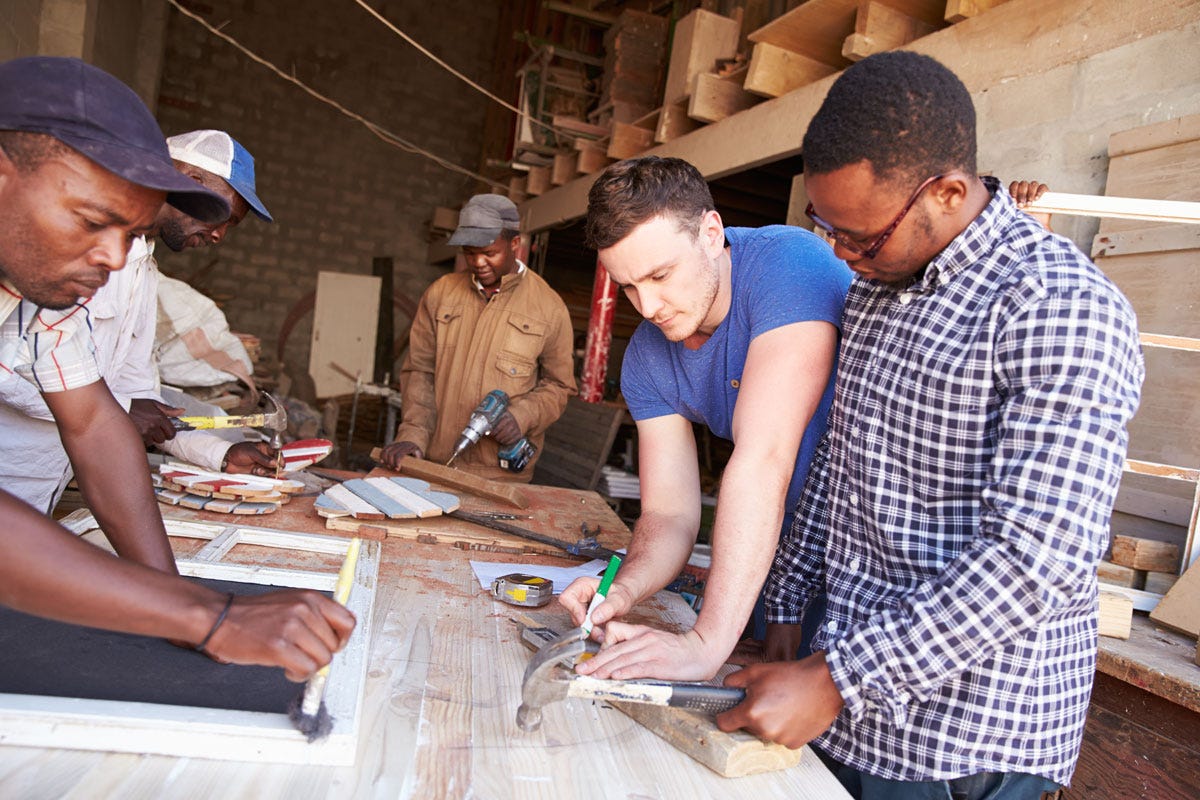S.A’s Digital Financing Startup Lulalend Secures USD 6.5 Mn Series A To Narrow SME Funding Gap

Cape Town-based SME digital lending startup, Lulalend, has announced the conclusion of a USD 6.5 Mn Series A, raised in a round co-led by the IFC and Quona Capital while existing investors Accion Venture Lab and Newid Capital participated.
Lulalend lets Small and Medium-scale Enterprises (SMEs) access funding without visiting a bank branch. The fresh investment will help the fintech provide growth capital to scale while addressing the funding deficit in the South African business landscape.
Different from conventional financial institutions, Lulalend’s lending decisions are automated, and the funding is provided within 24 hours.
The startup leverages data from alternative and online sources and uses a proprietary scoring algorithm which helps it evaluate applicants and provided quick, convenient, and transparent funding.

With 2.4 million of them in South Africa, SMEs employ around 60 to 70 percent of the country’s working population. But the sector experiences a dearth of funding, a credit gap of R 86 Bn for small businesses.
A bulk of the financing provided by the lender to small, growing businesses is used for inventory or equipment, renovations, or marketing projects.
Trevor Gosling, who founded Lulalend in 2014 alongside Neil Welman, said that 69 percent of SMEs in South Africa report that access to working capital would help their businesses grow.
“Yet for years in South Africa, there’s been a massive funding gap for small-and-medium enterprises, the very lifeblood of the economy,” he adds.
According to him (CEO), the fundraise from Quona Capital – a leading VC globally in emerging markets fintech – and IFC – a member of the World Bank Group – provides Lulalend with the growth capital and support needed to scale and drive exciting partnerships. The company will also put the cash into developing its tech and data team to reach more SMEs.
Lulalend loans money between USD 1,500 K to USD 700 K for 6 to 12 months. The typical loan, however, stands around USD 10 K which lasts for six months for a principal cost estimate of USD 1,700 K. The company is trying to build a USD 100 loan book as fast as possible, hence the new capital assistance.
Sequel to the investment, a representative from Quona Capital will join the board of Lulalend. The fund participated in the funding round because it believes the startup’s tech-enabled scoring in amalgamation with its ability to provide quick and transparent funding. Also because Lulalend has the potential to rejuvenate and sustain SME growth in South Africa, according to Partner Johan Bosini.
Quona Capital is a VC firm with a focus on fintech for inclusion in emerging markets, leveraging a strategic relationship with Accion – a nonprofit financial inclusion pioneer.
Accion’s seed-stage investment initiative Accion Venture Lab first invested in Lulalend in 2016 and made a follow-on investment in this round.
“Small business lending is changing, and by partnering with digital innovators like Lulalend we can capitalize on new sources of data and models to deliver finance to reach more small businesses in South Africa, thus driving job creation and economic growth,” said Kevin Njiraini, IFC’s Regional Director for Southern Africa and Nigeria.
The partnership with Lulalend is part of IFC’s comprehensive program to deepen small business development and promote access to finance to improve economic inclusion and create job opportunities.